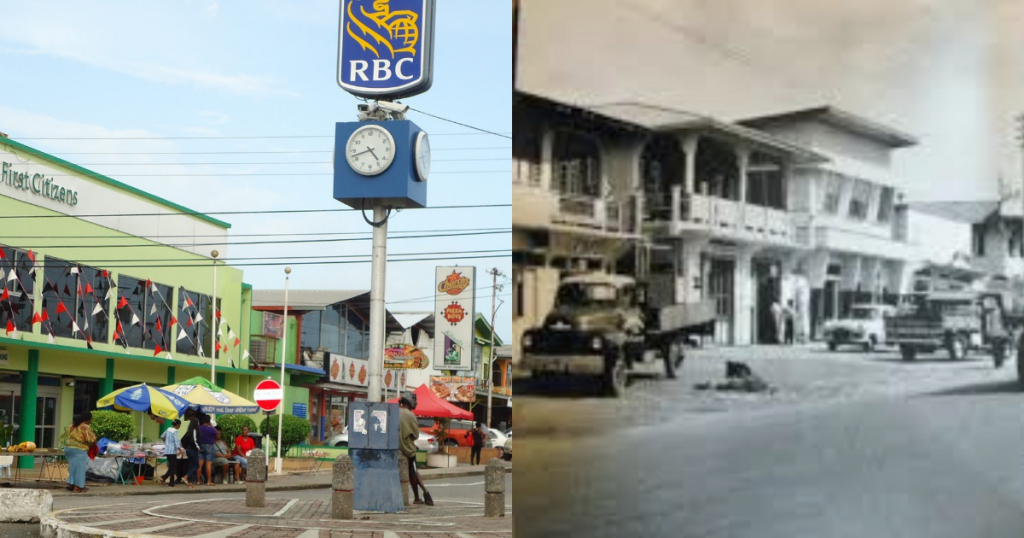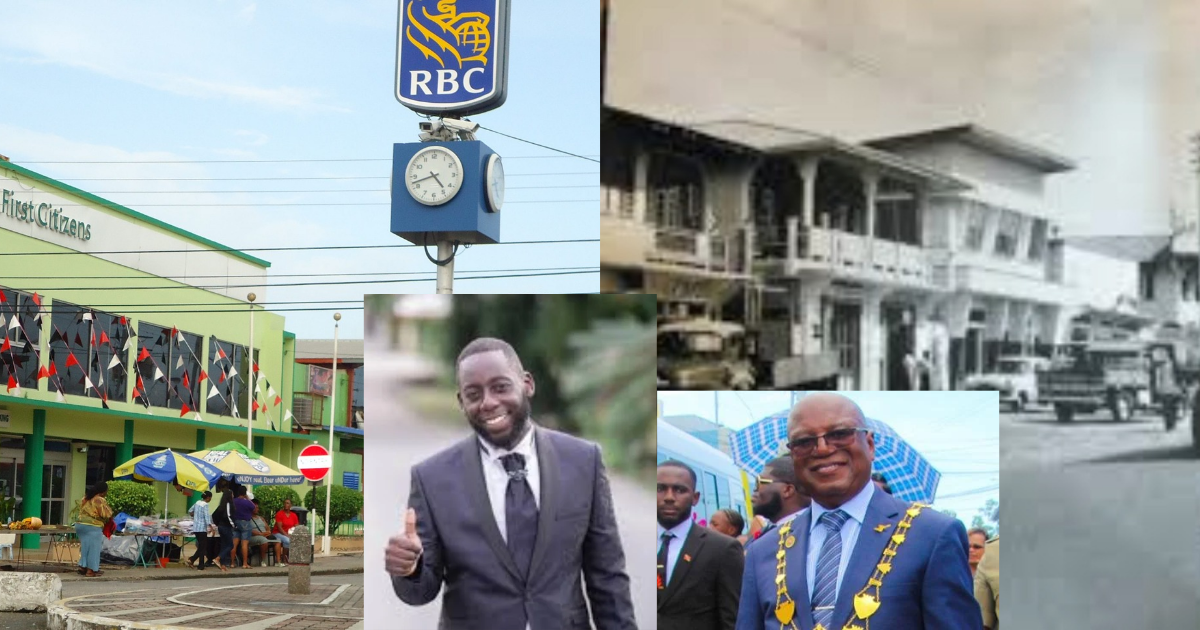It’s a common desire among the people of Point Fortin to look back and compare the past with the present, longing for the prosperity and vibrancy of a bygone era. However, as we reflect on the rich history that shaped our town, it’s crucial to understand that the past and present are not directly interchangeable. The world has changed, and so too must our approach to progress.
One of the key developments in our current economy is the noticeable growth of businesses run by immigrants (street food vendors, supermarket and restaurants) and larger conglomerates in Point Fortin (Food Basket, Furniture Plus etc.) added to those already existing in Point Fortin. These enterprises clearly see the potential and benefits of operating here, and their success stories are hard to miss. They are thriving because they recognize the opportunities available in our community—opportunities that our locals may be overlooking. This should prompt us to ask a critical question: Why aren’t more locals seeing and seizing these same opportunities? It’s essential for our community members to realize that the business potential in Point Fortin is just as accessible to them as it is to newcomers and large corporations.

If more locals were involved in starting and running businesses, we could have greater confidence that revenue generated would directly benefit the community. Local businesses not only benefit the investors but also provide employment for residents, ensuring that the wealth created within the community stays within it. This is an area that deserves serious attention and consideration as we plan for the future of Point Fortin. The conversation should now focus on strategies to increase local business involvement, fostering entrepreneurship that can sustain and grow our local economy.

There is no denying that Point Fortin once thrived on resources and industries that no longer exist in the same way. The economic activities that defined our town decades ago were driven by foreign interests and global markets that have since shifted. The decline of those industrial giants was inevitable as the global context evolved. It would be a disservice to our future to simply try and replicate the successes of the past without considering the vastly different landscape we face today.
In the past, high-paying jobs were more readily available due to the booming industries that supported them. These industries didn’t just provide employment; they also funded many of the amenities that enriched our community, such as playgrounds, sporting clubs, and other social infrastructure. Today, with the departure of those major companies, the financial resources to maintain these amenities have diminished. It’s important to recognize that these changes aren’t just about lost jobs—they also mean a reduction in the community support systems that were once taken for granted.

Today, those same salary levels and community amenities may not be realized, but this doesn’t mean our economy has failed. On the contrary, it reflects a shift in how wealth and opportunities are distributed. The economy of Point Fortin is evolving, and while the large-scale industrial jobs of the past may have dwindled, new opportunities are emerging.
This isn’t about diminishing the value of our history or settling for less in the present. Rather, it’s about recognizing the need for innovation and resilience. While there is value in reflecting on what worked before, we must be cautious not to romanticize the past or assume that those same strategies will work now. Our challenge today is to build a new identity and economy for Point Fortin—one that is sustainable and aligned with the resources and opportunities available to us.
It is easy to accuse those who focus on the present and future like myself, of being complacent with the status quo. However, believing in the potential of Point Fortin today does not mean we are satisfied with how things are. It means we are striving to create a better future, one that honors our past but is not shackled by it. Our focus should be on moving forward together, leveraging the strengths we have now, rather than getting caught in a cycle of comparison with an era that cannot be replicated.
As we continue this journey, let us work towards a future where Point Fortin remains a place of pride—not by clinging to past glory, but by building new successes that will benefit generations to come. The legacy we leave behind will not be one of nostalgia, but one of progress, resilience, and innovation.

